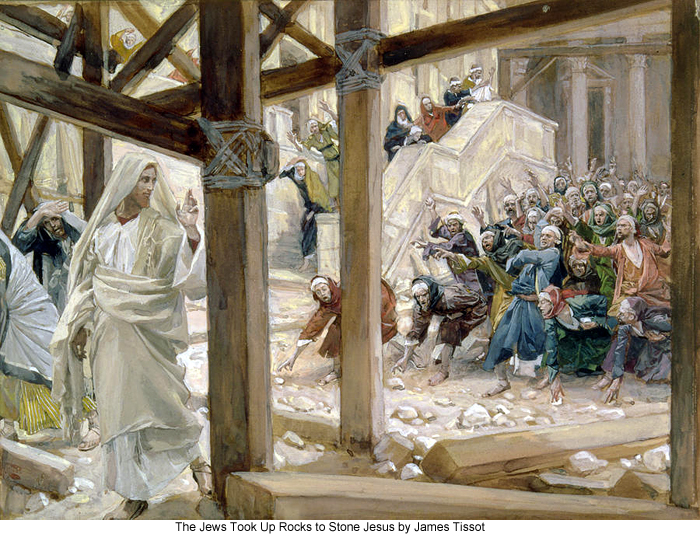Only a few days away from Good Friday, knowing how the story ends, today’s Gospel foreshadows the closeness of Our Lord’s death . The raising of Lazarus is the last straw for the chief priests. Ironically Our Lord has shown power over death itself, yet they decide to kill him and Lazarus. In John’s Gospel the raising of Lazarus was the last sign to encourage people to believe in Jesus, but his death is on his mind: when Mary anoints his feet he speaks of his burial and departure.
Judas’ hypocrisy is evident, feigning moral outrage when he is actually lamenting that the funds for that aromatic nard could have been put in the common purse so that he could steal them. The stage is set for betrayal. Jews are believing in Our Lord despite the intrigue. Martha and Mary are celebrating the return of their brother, healthy and alive. It reminds us that while life can come under the shadow of the cross, life goes on and should always be our focus.
As we continue Holy Week let’s focus on life, not on death, knowing that is how this story truly ends. The darkness cannot stop the dawn.
Readings: Isaiah 42:1–7; Psalm 27:1–3, 13–14; John 12:1–11. See also Holy Week, Monday.

